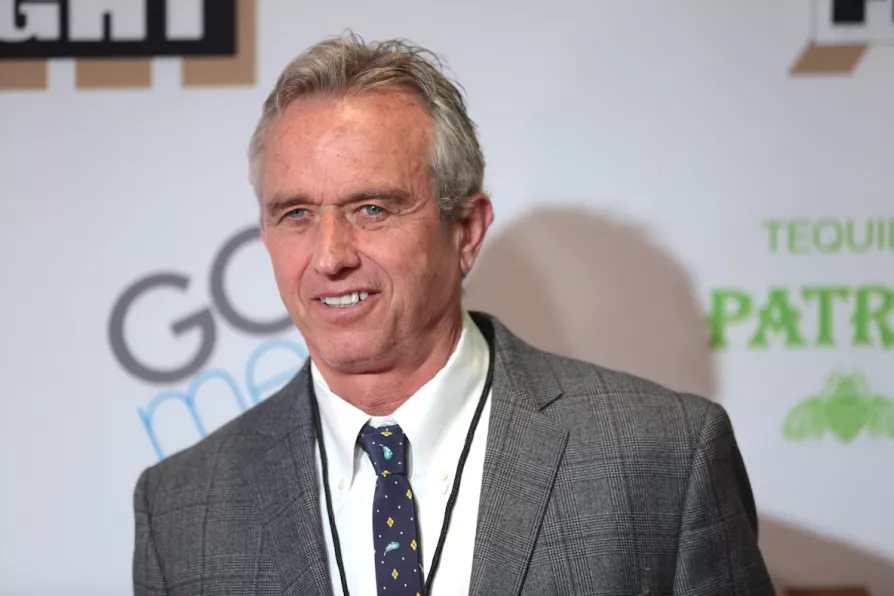John Wojcik pays tribute to a black US activist who spent six decades at the forefront of struggles for voting rights, economic justice and peace – reshaping US politics and inspiring movements worldwide

 Robert F. Kennedy Jr.
[Creative Commons / Gage Skidmore]
Robert F. Kennedy Jr.
[Creative Commons / Gage Skidmore]
SCIENCE is a slow process. Evidence accumulates and the scientists working in a particular field learn to live with uncertainties until they can hopefully be removed through future work.
Day to day, most scientists do not ruthlessly question and interrogate the overarching paradigms that structure their work in the background — but that doesn’t mean that widely accepted theories can never be superseded.
Challenging widely accepted theories requires not only bravery, since people will initially find your ideas very unlikely, but also patience and a willingness to explain your alternative claims honestly and carefully. However, one thing we must not do is mistake someone’s willingness to argue about their claims with the strength of the actual evidence for what they are saying.
Recently, Robert F Kennedy Jr, an outsider Democrat Party presidential candidate (despite his family name and legacy), appeared on the most-listened-to podcast in the world, the Joe Rogan Experience, which attracts around 11 million listeners per episode.
Kennedy claimed that routine vaccinations can cause autism — a claim that almost all medical researchers would reject. Dr Peter Hotez, the dean of the National School of Tropical Medicine at Baylor College of Medicine in Texas, called Kennedy’s comments “misinformation.” Hotez himself previously appeared as a guest on Rogan’s show in April 2020.
In response, Rogan, the host of the podcast, offered Hotez $100,000 “to the charity of your choice” if he would debate Kennedy on his show. Hotez refused. From this exchange, many seemed to draw the conclusion that, in being the most willing to debate, Kennedy must have the weight of evidence on his side.

Generous helpings of Hawaiian pidgin, rather good jokes, and dodging the impostors
Science has always been mixed up with money and power, but as a decorative facade for megayachts, it risks leaving reality behind altogether, write ROX MIDDLETON, LIAM SHAW and MIRIAM GAUNTLETT











